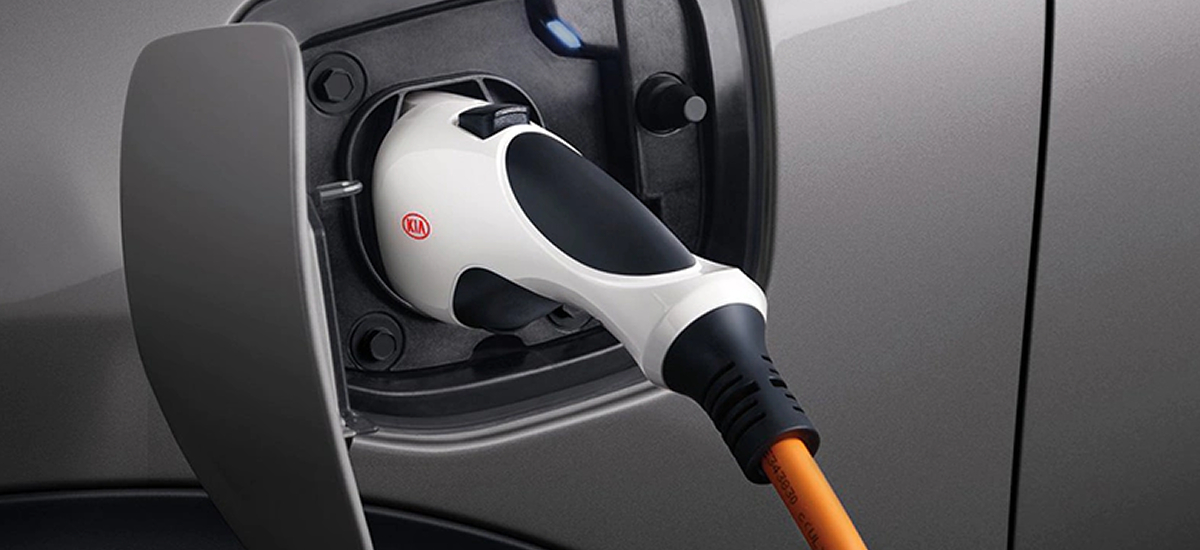
 Your Credit Estimate
Your Credit Estimate
 Your Credit
Your Credit
Your zip code helps us provide you with the most accurate vehicle pricing and vehicle availability.
We estimate your credit score to give you an idea of your monthly payments. To get an accurate payment amount, complete our credit application by clicking the Start Credit Application button below.
start credit application
Hydrogen Fuel Cell vehicles have been a complicated and hot-debated topic amongst automakers and consumers alike. An engine powered by hydrogen. Why not just be driving a bomb around? That’s the most popular argument, and although many designs would prove otherwise, and many automakers suggest the Hydrogen Fuel Cell vehicles are the next move for alternative fuel, some would disagree. The auto industry is still making the move with hybrid and plug-in hybrid vehicles. Electric vehicles (EVs), also known as battery electric vehicles (BEVs) have just begun to gain popularity with modern tech and engineering making EVs more attainable and manageable. A new study now suggests that BEVs are the way to go, and are even better than Hydrogen Fuel Cell vehicles.
The results come from Tom Baxter at the University of Aberdeen. During a study measuring energy conversion for different types of automotive “fuel”, the study placed a focus on the losses at each stage for hydrogen fuel cell vehicles (FCEVs) and EVs. Hydrogen fuel cells do have their advantages. FCEVs have demonstrated greater range with a full tank, with quick refueling, and zero carbon emissions, but don’t BEVs do all of that already? What’s the difference?
That’s why this study is so important. When two subjects are so similar and beneficial, we have to look deeper to find which is more successful. In a hydrogen fuel cell vehicle, energy has to move from the wires, into a gas, and then back into the wires to power the vehicle. Whenever energy has to change, it can lose some of its “oomph” as it were. Energy never disappears, but it can be expended while being transformed, and some of that expenditure is between these three stages. BEVs on the other hand – the energy stays on wires all the way throughout the car, barely losing energy due to transitions of energy phases.
The study by Baxter demonstrated that the amount of energy lost at each stage for hydrogen fuel cell vehicles, and the data is staggering. By the end of one cycle, a FCEV is only using 38-percent of the energy originally expended. That’s crazy when compared to BEVs. These vehicles did much better, maintaining 80-percent of the energy expended to operate the vehicle. FCEVs provide some heavy competition with BEVs, able to fuel up as fast as gasoline-powered vehicles, rather than needing to wait 30 minutes. But if in a hurry, some stations will allow consumers to swap out a low battery for a fully charged one on location. This only takes a few minutes, so there goes that fight.
At NowCar, we’re always interested in new car technology and the powertrains automakers are developing for cleaner vehicles that can still perform like we’re used to. We’re also guilty of rooting for hydrogen fuel cell vehicles, FCEVs just seemed so cool. However, you can’t fight the numbers. 30-percent is nothing compared to 80-percent, but that’s why it’s called the “Scientific Method”. No one study can “prove” anything, but results and data may suggest a great likelihood of an outcome. Let’s see if other studies pop up to back up this claim that FCEVs are no good.
What do you think? Should the auto industry quit while it’s ahead and stop the race for alternative fuel at battery electric vehicles? Join the discussion on NowCar social media.